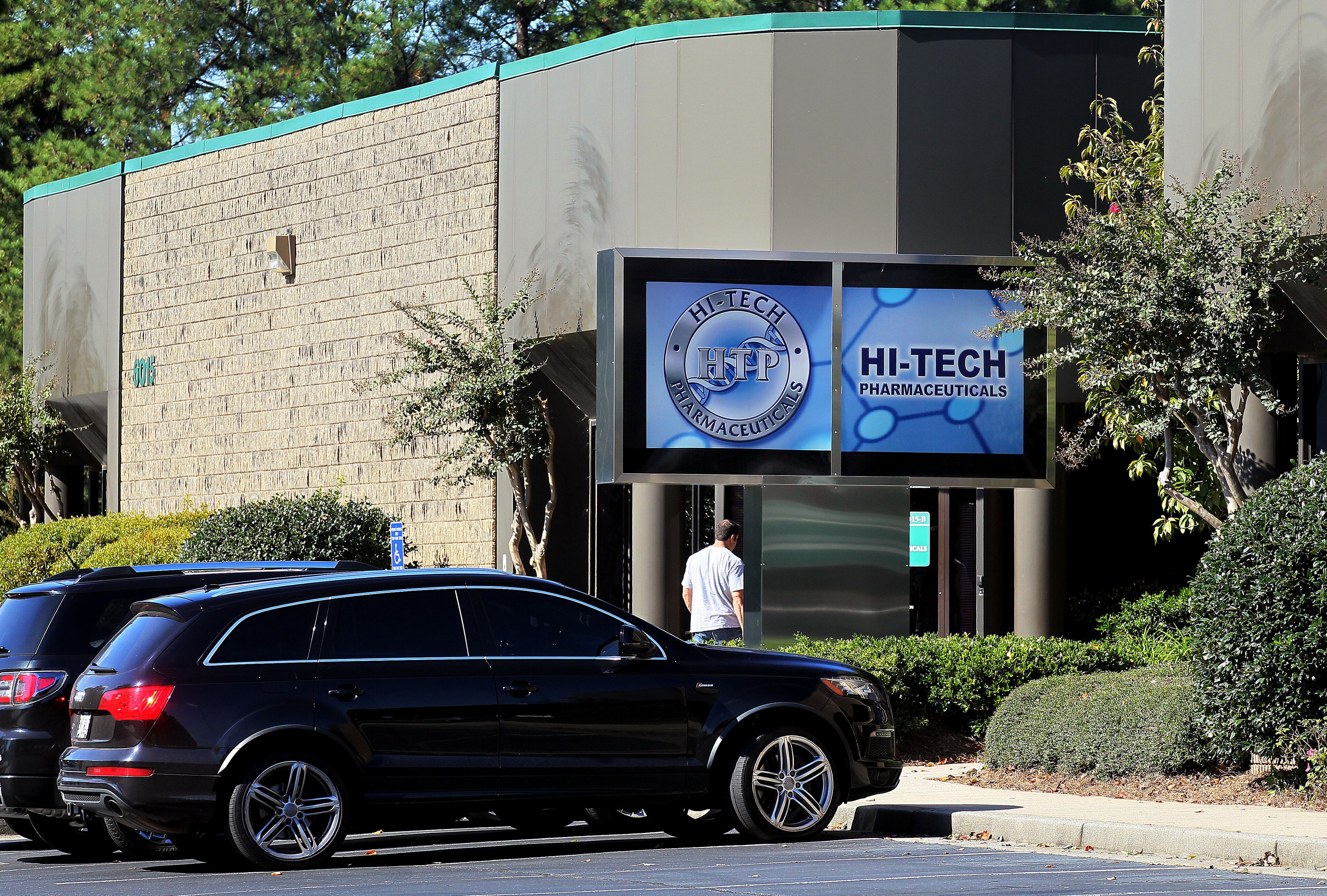Grudge match? Diet pill maker wants judge, attorneys booted
Kick out the judge because he is prejudiced.
Ban the federal government's attorneys because they snooped into privileged emails.
Those are Norcross diet pill maker Jared Wheat's latest arguments as he tries to fight off a potential $35 million contempt judgment.

The case has twisted and turned through federal courts for 11 years now, as the government has sought to penalize Wheat and Hi-Tech for what it calls bogus claims such as that its products would cause rapid or substantial weight loss.
Last year, U.S. District Judge Charles A. Pannell Jr. imposed a $40 million contempt judgment against Wheat and company for violating injunctions prohibiting certain product claims. But back in May, the 11th Circuit threw out the judgment, saying Wheat and the company were improperly limited in the contempt proceedings.
Where Pannell went wrong, the appeals court said, was in expecting Wheat and Hi-Tech to substantiate product claims with clinical trials during the contempt proceeding. Pannell needed to consider the admissibility of any evidence offered by both the FTC and by Wheat and Hi-Tech, the appeals court said.
At issue now: Whether the company properly warned customers of potential health risks of products, as required by a court order.

The FTC in August said that for years, Wheat, Hi-Tech and Stephen Smith, who oversees Hi-Tech’s sales force, failed to include the health risk warning on product packaging and labels as required by a previous court order. The agency asked the court to reinstate its contempt finding and impose a sanction of $34.4 million – Hi-Tech’s revenues for the four years the safety warning was omitted.
Firing back, Wheat and Hi-Tech called the FTC's motion "an exercise of unbridled hubris" because it was trying to circumvent the 11th Circuit's directive.
Wheat also called for Pannell to be removed from the case, saying he has “repeatedly refused to consider the Contempt Defendants’ scientific evidence.”
On Tuesday, Wheat, Hi-Tech and Smith called for the court to dismiss or disqualify the FTC’s trial team for the case. The gist of the argument: While Wheat was in federal prison in an earlier criminal case, the FTC wrongly obtained emails between him and his attorney and relied on them in contempt proceedings. The court previously had rejected Wheat’s efforts to keep those emails out of contempt proceedings. It noted that the Bureau of Prison’s email system warns that communications with attorneys are not privileged.
By the way, this summer the FTC mailed refund checks to 153,000 people who bought two supposedly Hi-Tech weight loss supplements or a third supplement supposedly treating erectile dysfunction. The agency said that the company ads deceptively claimed that supplement was clinically proven to safety and effectively treat 90 percent of men with erectile dysfunction.


